There is a fine line between making the job of an operator easier, and elminating the need for him altogether. It begs the question, "What is the ultimate goal of automation and advanced electronic systems?"
Do we wish to create an easy work environment for the operator, where he takes on more of a managerial role monitoring the machine's systems and making judgement calls to change the presets? Do we hope to have more skilled operators handling more machines at one time from a remote location? Or, do we simply desire to reach the most optimized machine at any cost, even if it means the operator is now the weakest link and unnecessary?
It's a long-term goal versus the short-term achievements. From the outside looking in, it has seemed that while skilled operators have become few and far between, the machines had to get smarter to compensate. "The tractor operator can't monitor all of the display information while trying to keep his tires in the proper place to avoid ruining crops. Let's just make that automatic so he doens't have to think about it."
There are arguments to both respects. On the one hand, machines are only as intelligent as the humans that program them. On the other hand, human error during machine operation can lead to problems ranging minor to fatal. And, to be honest, even the best operator can't run a machine as efficiently as an electronic system can react.
In military equipment, survivability of soldiers is paramount. Oshkosh Corp., for example, is working on an unmanneved vehicle that can be used to not only protect soldiers in a convoy from IEDs and dangerous situations, but also to save lives of soldiers that are injured or in a hostile environment without putting more soldiers in danger for the rescue mission.
Taking humans out of the equation can increase operator safety, but can lower the safety of those around an unmanned machine that may not see a person in its path as an obstacle to avoid. An autonomous machine can be optimized for maximum productivity without the worry of operator fatigue (or this human thing called hunger) interrupting cycles. At the same time, if an end goal changes, is it easier to radio to an operator and tell them to switch their objective, or easier to reprogram an automated system?
I don't expect there to be concrete answers, but I am curious where we see this ending up? Do you have an end goal in mind? Where do you see machines and operators in the future? What is their relationship?
Send me your thoughts on this topic via email at [email protected], or head online to www.oemoffhighway.com to post your comments to the Editor's Column (Search: 10632800).
The latest blog from Manufacturing Matters: Unmanned Vehicles - Read about our trip to Oshkosh Corp. to learn more about their unmanned vehicles at www.oemoffhighway.com/blogs (Search: 10630035)


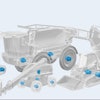
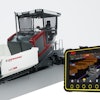
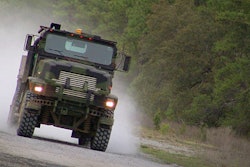
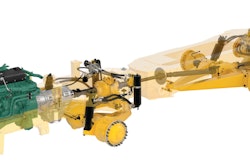
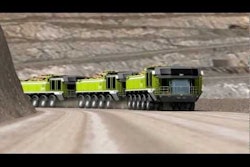



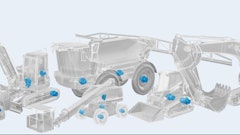
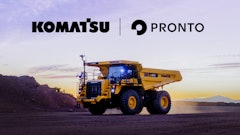
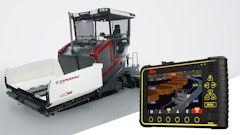
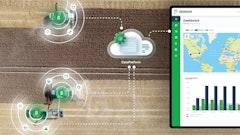
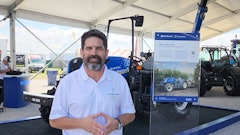

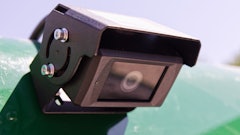

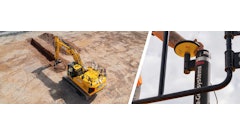
![Hd Hyundai Xite Transformation Booth Image[1]](https://img.oemoffhighway.com/files/base/acbm/ooh/image/2023/12/HD_Hyundai_Xite_Transformation_Booth_Image_1_.657a32d4218f2.png?ar=16%3A9&auto=format%2Ccompress&fit=crop&h=135&q=70&rect=113%2C0%2C1600%2C900&w=240)
